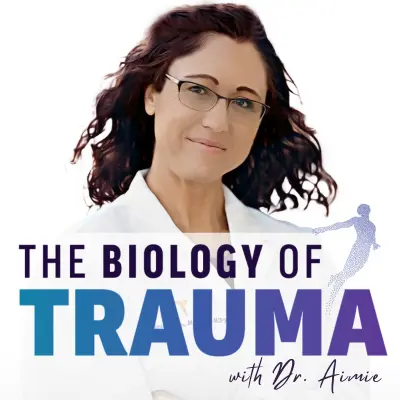
How can we change our biochemistry to change our trauma responses?
In this episode, we are looking at thoughts and behavior through hormones, metabolism and biochemistry.
I have brought in a distinguished guest, Dr. Robert Lustig, a pioneering neuroendocrinologist. A neuroendocrinologist is someone who studies and works with the intersection of the nervous system with the endocrine system, or hormones. His work has been instrumental in understanding metabolic disorders and their role in stress and mood.
He had a big influence on me as I came into functional medicine in search of answers for my own health issues during my surgery residency. His work on metabolic chronic health issues, obesity, diabetes, and metabolic syndrome, was fascinating, especially coming in with my background, with a Masters degree in biochemistry. It helped to make sense of what I was experiencing in my own physiology, health and mood at the time.
In this episode, you'll learn:
Whether the global epidemic of chronic health problems are a result of separate issues or part of a single larger root issue in our stress resilience and physiology. The four "brakes" of the amygdala in fear conditioning How our metabolism influences serotonin and our stress and mood regulation The intersection of our metabolism, cortisol, and insulin on depression How our thoughts and actions are created at the cellular level by biochemistry and proteinsFor more information and show notes, please visit our website: https://biologyoftrauma.com/biology-of-trauma-podcast/